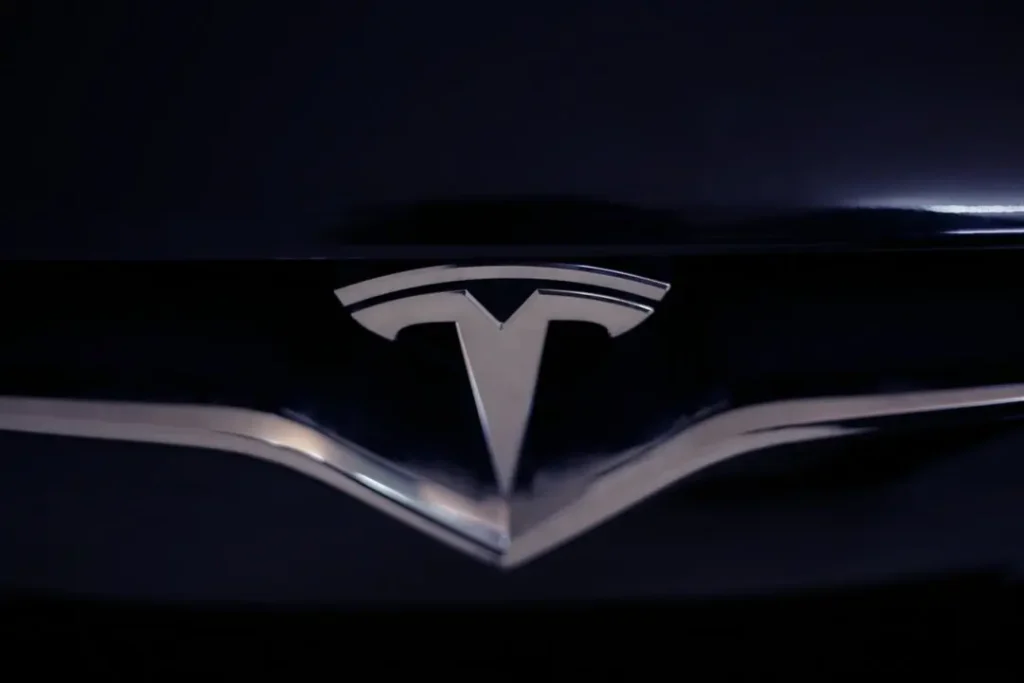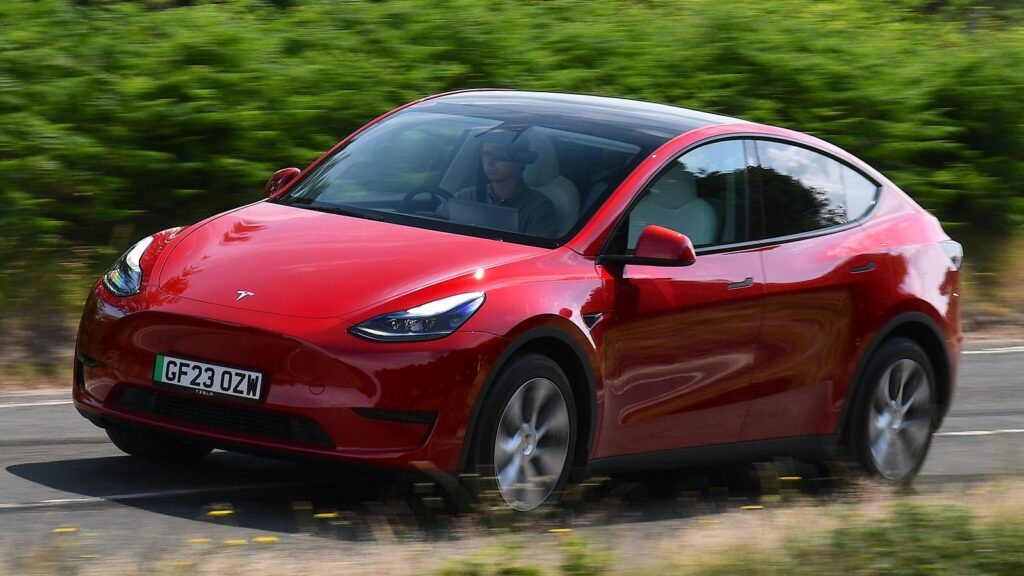Musk’s Masterplan: Tesla’s Mumbai Launch Ignites India’s Premium EV Market
On July 15, 2025, Tesla’s first Indian showroom opened its doors in Mumbai’s upscale Bandra Kurla Complex (BKC), marking a pivotal moment for India’s electric vehicle (EV) landscape. The 4,000-square-foot Tesla Experience Centre, showcasing the sleek Model Y SUV, is more than a retail space—it’s a bold statement of intent from Elon Musk’s electric vehicle giant. After years of speculation, regulatory hurdles, and high-stakes negotiations, Tesla’s entry into India signals the start of a new chapter for the country’s premium EV market. With a strategic focus on imported vehicles, cutting-edge technology, and a premium brand allure, Musk’s masterplan is poised to redefine luxury mobility in India, even as it navigates challenges like high tariffs and a price-sensitive consumer base.
A Long-Awaited Arrival
Tesla’s journey to India has been a saga of anticipation and setbacks. Since 2019, Musk has expressed interest in the world’s third-largest automotive market, but high import duties—ranging from 70% to 100% on fully built vehicles—posed significant barriers. A pivotal meeting between Musk and Prime Minister Narendra Modi in 2023 laid the groundwork for progress, with India introducing a new EV policy in March 2024. This policy allows automakers investing $500 million in local manufacturing to import up to 8,000 vehicles annually at a reduced 15% duty, a move tailored to attract global players like Tesla. While Musk initially signaled plans for a $2-3 billion manufacturing facility, Tesla has opted to start with imported vehicles, with the Model Y leading the charge.
The Mumbai launch, followed by a planned showroom in Delhi’s Aerocity by late July, is a calculated first step. Tesla has imported $1 million worth of vehicles, Superchargers, and merchandise, primarily from its Shanghai factory, with five Model Y units valued at ₹27.7 lakh ($31,988) each and one long-range variant at $46,000. These vehicles, subject to steep import duties, will retail above $56,000 (approximately ₹48 lakh) before taxes and insurance, positioning them firmly in India’s premium segment.
The Model Y: A Premium Proposition
The Tesla Model Y, the world’s best-selling electric SUV, is the centerpiece of Tesla’s India strategy. Recently updated with a facelifted “Juniper” design, it features C-shaped LED taillights, a panoramic glass roof, and a long-range battery offering up to 526 km on a single charge. Its 15.4-inch touchscreen infotainment system, supporting AAA gaming and streaming, along with advanced driver-assistance systems (ADAS) like Autopilot and Full Self-Driving capabilities, sets it apart in a market dominated by Tata Motors and JSW MG Motors. The Model Y’s blistering 0-96 kmph sprint in 4.6 seconds and premium features like a 17-speaker audio system and HEPA filtration cater to India’s affluent, tech-savvy consumers.
However, the Model Y’s premium pricing—starting at ₹48 lakh and potentially exceeding ₹60 lakh with taxes—poses a challenge in a market where EVs account for just 5% of new car sales and premium vehicles less than 2%. By comparison, local competitors like the Mahindra XEV 9e and Hyundai e-Creta offer EVs at half the price. Tesla’s strategy hinges on its global brand appeal and “cool quotient,” targeting India’s growing affluent class, for whom owning a Tesla is a status symbol. As automotive analyst Hormazd Sorabjee notes, Tesla’s technological edge in battery efficiency and autonomous driving could differentiate it from rivals like BMW and Mercedes in the luxury EV segment.
Mumbai as the Launchpad
Mumbai’s BKC, a bustling commercial hub, is a strategic choice for Tesla’s flagship showroom. Located near the Apple flagship store, the 4,000-square-foot Experience Centre is designed to immerse visitors in Tesla’s ecosystem, showcasing vehicles, Superchargers, and branded merchandise. While test drives and deliveries are not available initially, the showroom allows customers to configure and order vehicles, with deliveries expected to begin in late August. The centre’s high-profile launch, with a week dedicated to VIPs and business partners, aims to build anticipation and establish Tesla as a premium lifestyle brand.
Tesla’s choice of Mumbai reflects its focus on urban, affluent markets. The city’s cosmopolitan vibe and concentration of high-net-worth individuals make it ideal for introducing a premium EV. A second showroom in Delhi, coupled with a service centre in Mumbai’s Kurla West and an engineering hub in Pune, signals Tesla’s intent to build a robust presence. The company’s Bengaluru office and leased warehouse spaces in Karnataka and Gurugram further indicate a long-term commitment, even without immediate plans for local manufacturing.
Navigating India’s Challenges
Tesla’s entry comes at a time when India’s EV market is growing rapidly, with sales jumping 20% to 99,165 units in 2024, driven by government subsidies under the PM E-Drive scheme. Yet, the market remains small, with EVs comprising just 7.46% of total vehicle sales. The luxury EV segment, dominated by BMW, Mercedes, and Audi, saw 2,809 units sold in 2024, a fraction of the market. Tesla’s high pricing, driven by import duties, could limit its early reach in a price-sensitive market where Tata Motors holds a 60% share and local models dominate.
Charging infrastructure is another hurdle. With only 25,000 charging stations nationwide, compared to China’s 11 million, range anxiety remains a concern for Indian consumers. Tesla has imported Superchargers to address this, but scaling a charging network will be critical. Additionally, the resignation of Tesla’s India head, Prashanth Menon, in June 2025, with operations now overseen by the China team, raises questions about localized leadership.
Musk’s vocal criticism of India’s import tariffs, echoed by former U.S. President Donald Trump, who called local manufacturing exemptions “unfair,” highlights ongoing tensions. While India’s reduced 15% duty for limited imports offers relief, Tesla’s reluctance to commit to a local factory—despite earlier talks of a $2-3 billion investment—could cap its scalability. Union Minister HD Kumaraswamy noted Tesla’s focus on selling imported cars, contrasting with competitors like Hyundai and Kia, who are investing in local production.
A Catalyst for India’s EV Ecosystem
Despite these challenges, Tesla’s entry is a game-changer. Its global brand recognition and technological prowess could accelerate EV adoption, pushing domestic manufacturers to innovate. The Model Y’s advanced features, like over-the-air updates and a yoke steering wheel, introduce a futuristic driving experience that could redefine consumer expectations. Posts on X reflect excitement, with users like @thematrixloop praising the showroom’s tech showcase and @EduTradeNews calling Tesla’s launch a “game-changer” for India’s auto market.
Tesla’s presence could also spur policy changes. The government’s ambitious goal of 30% private car electrification by 2030 aligns with Tesla’s mission, and its entry may prompt further incentives. A deal with Tata Electronics to supply semiconductor chips, announced in April 2024, hints at deeper integration into India’s tech ecosystem, even without a factory. This partnership could lay the groundwork for future manufacturing if market response is strong.
The Road Ahead
Tesla’s Mumbai launch is just the beginning. With plans for a Delhi showroom and job postings for roles like store managers and supply chain engineers, Tesla is building a foundation for growth. The Model Y’s premium pricing targets early adopters, but Musk’s long-term vision likely includes a more affordable model, potentially priced at ₹20-25 lakh, to capture a broader market. Local manufacturing, if pursued, could slash prices and make Tesla competitive with domestic EVs.
For now, Tesla is banking on its brand allure and technological edge to carve a niche in India’s premium EV market. The Mumbai Experience Centre, with its sleek design and high-tech displays, is a bold first move in Musk’s masterplan. As one X user put it, “Elon’s speedrunning global domination, and India’s next.” Whether Tesla can overcome tariffs, infrastructure gaps, and price sensitivity remains to be seen, but its Mumbai launch has undeniably ignited India’s EV revolution.
Last Updated on: Saturday, July 12, 2025 12:12 am by Tamatam charan sai Reddy | Published by: Tamatam charan sai Reddy on Saturday, July 12, 2025 12:12 am | News Categories: Automobile


